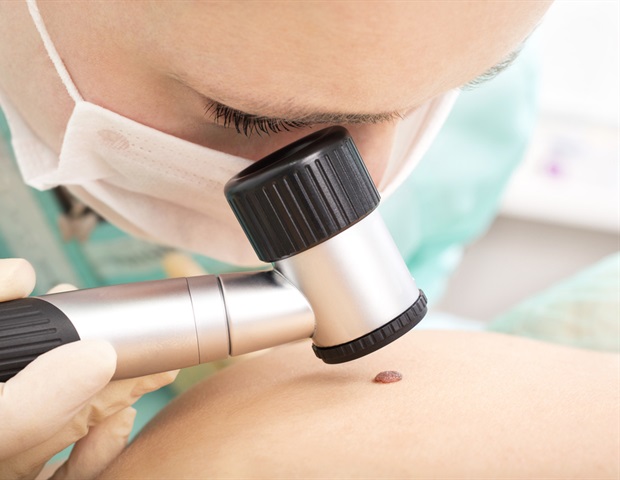Background and aims
The quantitative effects of alcohol consumption on cirrhosis and hepatocellular carcinoma (HCC) in hepatitis B virus (HBV) infection are unknown. This study aimed to establish a dose-dependent model of alcohol consumption on the risks of cirrhosis and HCC.
Methods
PubMed, Embase, the Cochrane Library, Web of Science, and four Chinese databases were searched for studies published from their inception to 15 May 2024. A random-effects model was used to pool the data on the incidence of cirrhosis and HCC, and a dose-dependent model of alcohol’s effect on cirrhosis and HCC was established.
Results
A total of 33,272 HBV patients from 45 studies were included. Compared with non-drinkers, the overall pooled odds ratio (OR) for cirrhosis was 2.61 (95% confidence interval [CI]: 1.46–4.66; I2 = 94%, p < 0.001), and the OR for HCC was 2.27 (95% CI: 1.50–3.43; I2 = 90%, p < 0.001) among drinkers. Compared with low-level drinkers, the estimated pooled OR for cirrhosis was 2.34 (95% CI: 1.59–3.44; I2 = 87%, p < 0.001), and the OR for HCC was 2.42 (95% CI: 1.90–3.09; I2 = 80%, p < 0.001) among high-level drinkers. Furthermore, a linear dose-dependent analysis showed that each daily consumption of 12 g of alcohol increased the risk of cirrhosis by 6.2% and the risk of HCC by 11.5%.
Conclusions
Alcohol dose-dependently increases the risks of cirrhosis and HCC in patients with HBV infection, and patients with daily alcohol consumption of more than 12 g should be strictly monitored.
Wu, Y.-P., et al. (2024). Dose-dependent Relationship between Alcohol Consumption and the Risks of Hepatitis B Virus-associated Cirrhosis and Hepatocellular Carcinoma: A Meta-analysis and Systematic Review. Journal of Clinical and Translational Hepatology. doi.org/10.14218/jcth.2024.00379.
Source link : News-Medica

